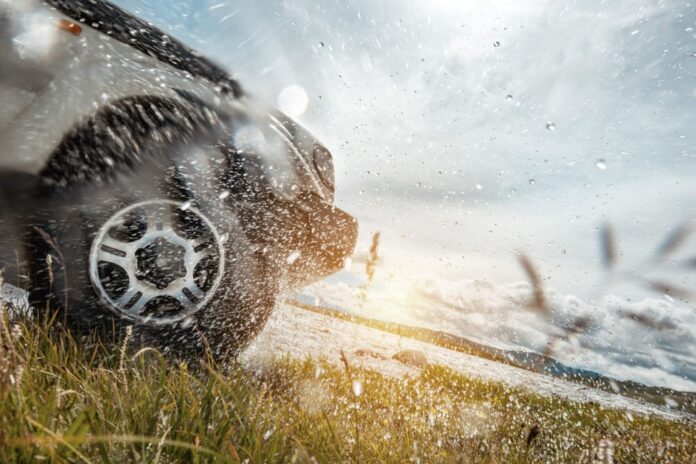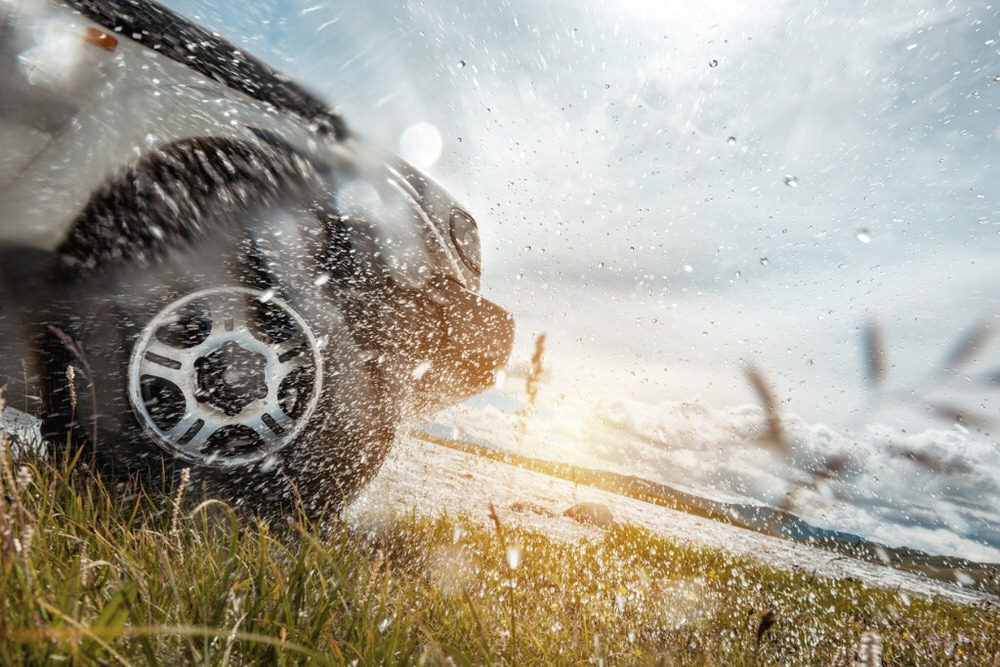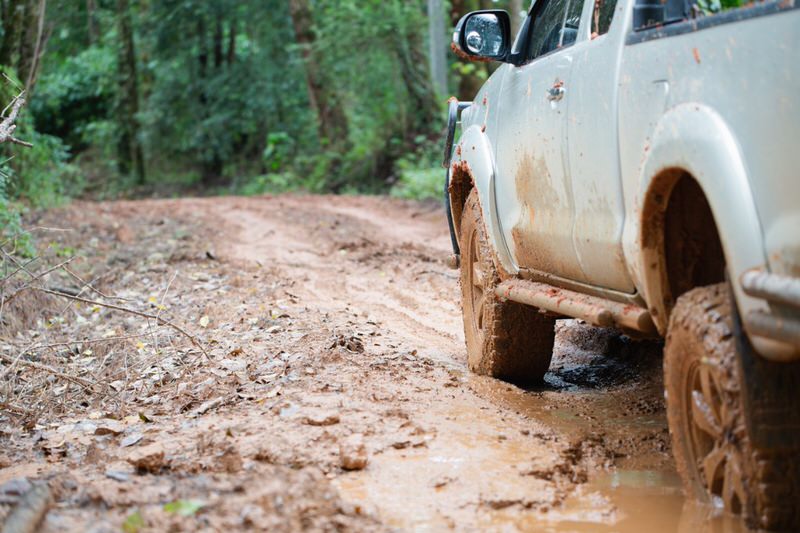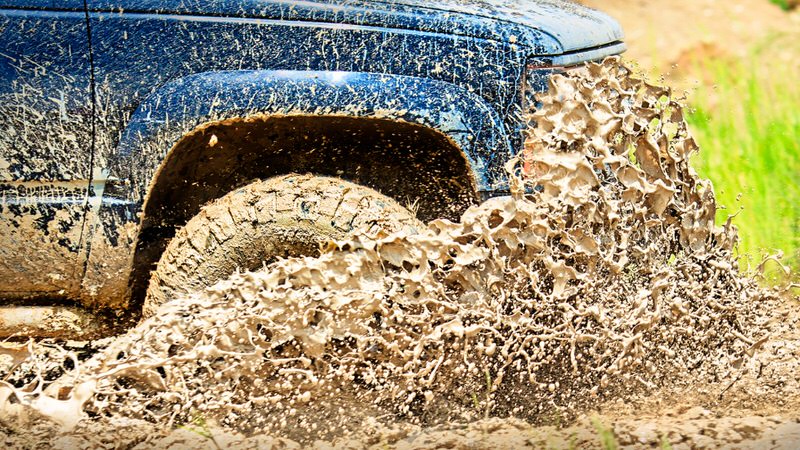photo by molchanovdmitry via iStock
How long should you keep an overlanding vehicle? This is a question I’ve thought of many times, but I can’t seem to find any answers on the internet.
That may be because there is no set time frame that an overlanding vehicle will be fit for use. I am afraid that the dreaded phrase “it depends” is the answer here.
However, that does not stop us from addressing factors that will prolong the lifespan of your vehicle.
Furthermore, in the end, I do believe there is a set answer to this question. However, it isn’t the kind of answer you think.
What are the Variables That Determine the Lifespan of a Vehicle?
photo by Tinnakorn Jorruang via iStock
Well, the lifespan of a vehicle can depend on many things, which obviously impacts the answer to our question, “how long should you keep an overlanding vehicle?” The most common ones are how well built a vehicle is, the usage it gets, servicing and maintenance, and the climate you live in.
We all know that some vehicles seem to last forever, but that is not the only factor. A vehicle that is considered unreliable may outlast a reliable one if its owner kept up with the maintenance.
Furthermore, if the reliable vehicle was driven in an area with unforgiving winters, chances are it will rust away far earlier than an unreliable one that has spent all of its life in warm climates.
You can see that picking a certain number of years to suggest can be very tricky. So, let’s dive into some tips that will make your rig last longer.
Maintenance
photo by GrapeImages via iStock
Regular maintenance plays a crucial role in the longevity of a vehicle. Changing differential, transmission, and engine oils regularly, ensuring that all components work as they should, and keeping up with worn-out suspension parts will lead to a vehicle that is in perfect condition all the time.
Type of Driving
photo by HAYKIRDI via iStock
A truck that is regularly tested to its limits out on the trails will obviously wear out much faster than one that is driven sensibly and on trails that aren’t as challenging.
Many overlanding vehicles are also used as daily drivers which can also decrease their life. A truck that is only used on the weekend will last longer than one that is being driven daily and used as an overlanding vehicle on the weekend.
So, if you want your vehicle to last longer be cautious of how you drive it and don’t push the limits too much. This will drastically prolong its lifespan.
How Do You Know a Vehicle is Ready to Be Retired?
photo by Solovyova via iStock
When it starts failing roadworthy tests for issues such as worn-out suspension and rust then you do start to realize that it is nearing the end of its life. If it leaves you stranded often or you seem to be throwing too much money towards maintenance, you have another good sign that it is close to the end of its usable life.
The thing with vehicles though is that they never really come to the end of their life. It’s the owner that decides to retire it. Every component on a truck can be replaced, repaired, or refabricated. Therefore, as long as you have the money, and you enjoy that vehicle nothing is stopping you from keeping it on the road.
photo by Bestgreenscreen via iStock
For example, if at the 15-year mark it starts failing tests due to rust or it’s leaving you stranded, you can take it to a shop, strip the whole thing apart, replace all worn-out items and you have a perfectly good truck again.
The moral of the story here is that there is no set time that I can tell you in response to the “how long should you keep an overlanding vehicle” question. Some vehicles that were used and abused may be done by 5 years, others by 15 or even 20. At that point though it’s up to you to decide. Do I throw a bunch of money and make it last 20 more? Or do I retire it and buy a new one?
Vehicles aren’t humans, they can be fixed. So, enjoy them while you have them, and when the time comes, if you still like the vehicle and are willing to pay the bills just restore it, you can keep on using it.









